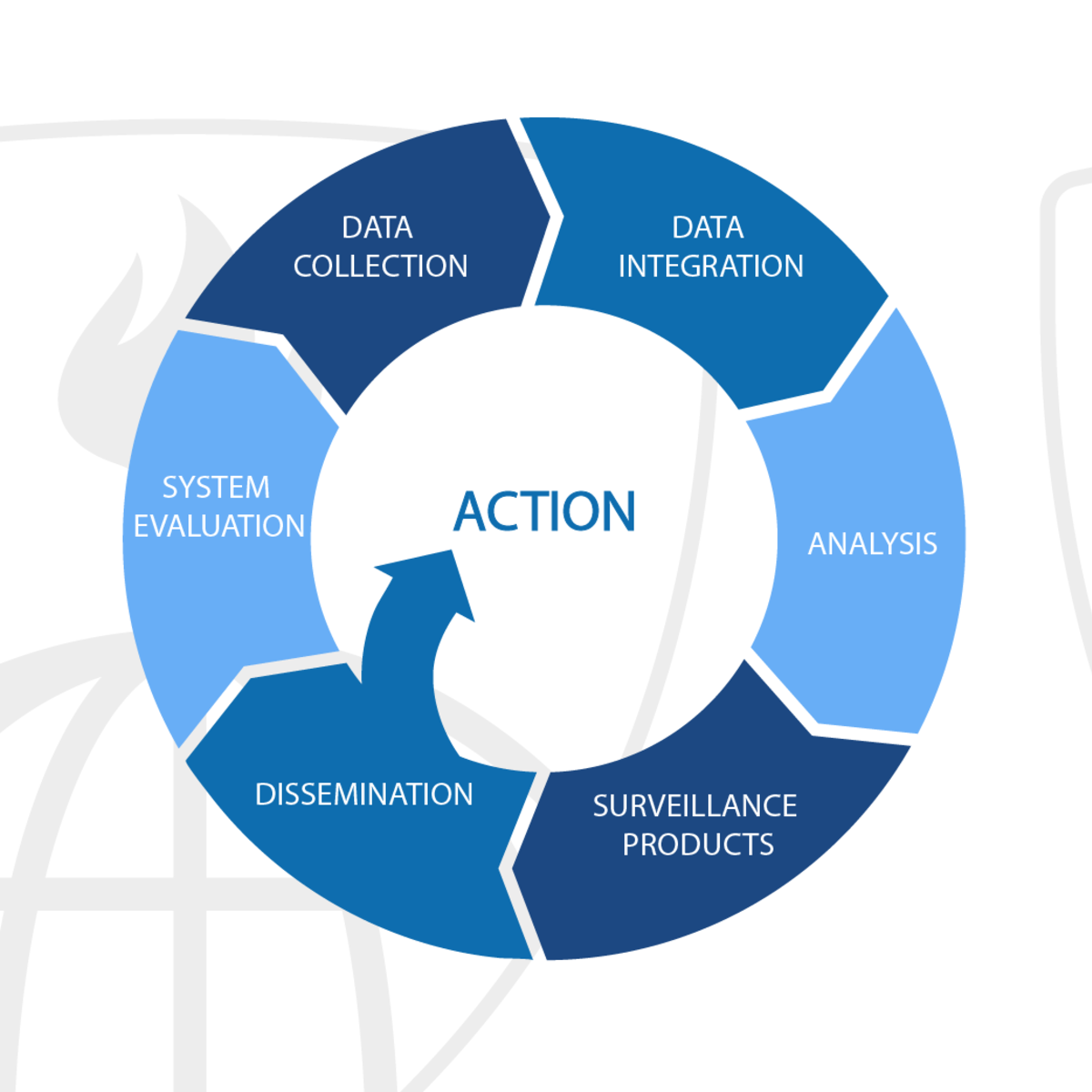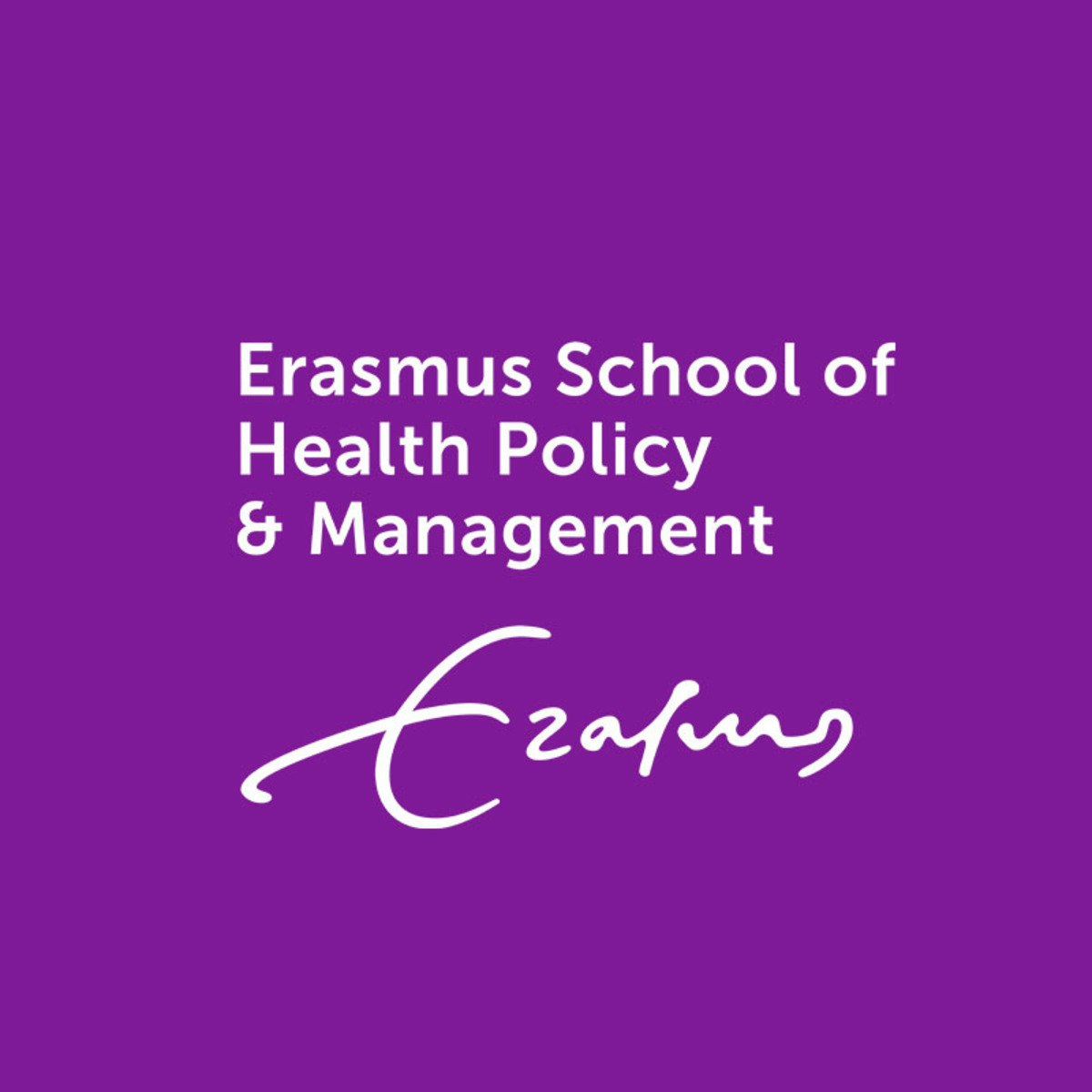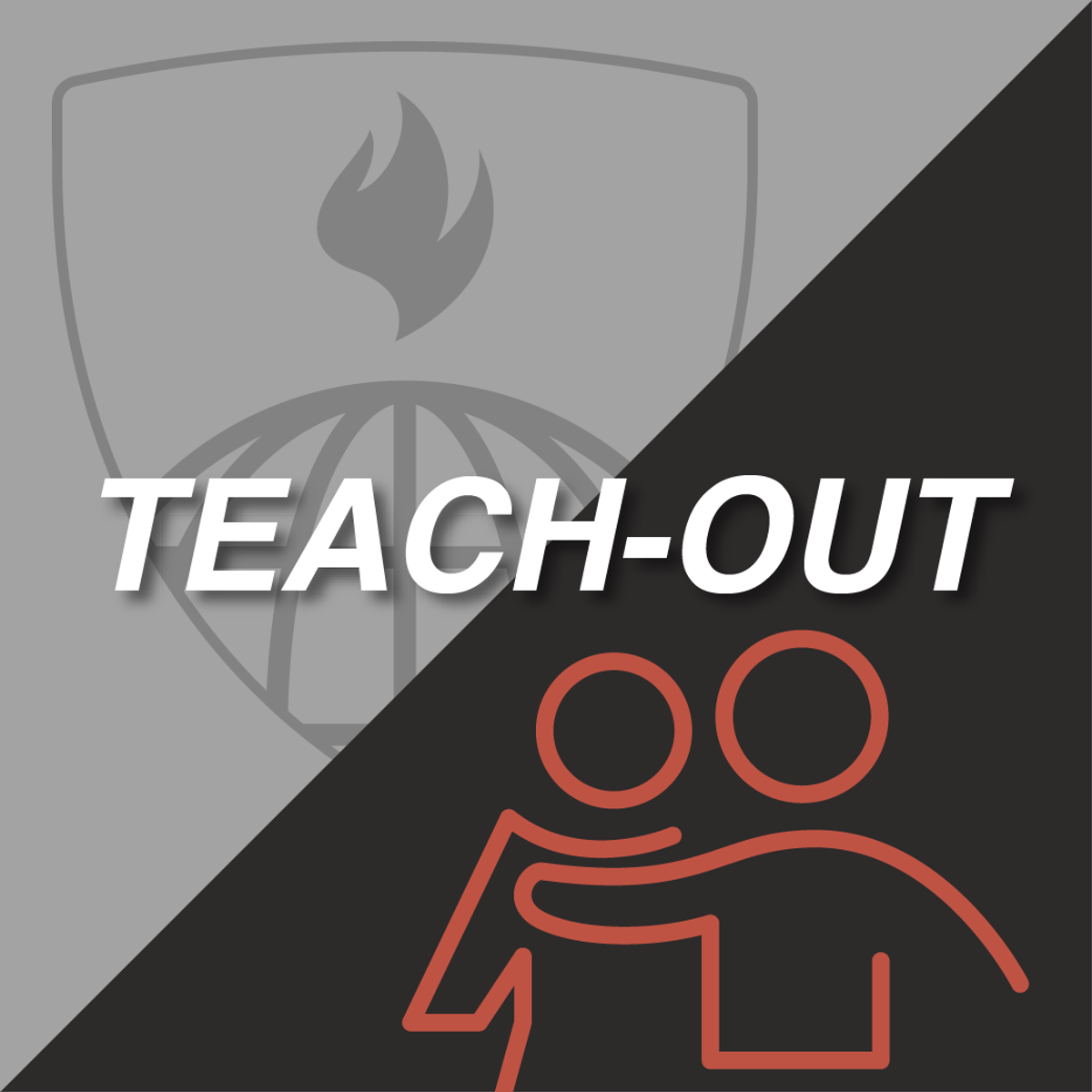Back to Courses









Life Sciences Courses - Page 57
Showing results 561-570 of 644

Easing Physical Symptoms: It's Not Just Hospice Anymore
Palliative care provides important support for people living with serious or life-limiting illnesses and their family caregivers. In this course, you will learn to use symptom assessment tools to better understand which symptoms are present and which are most distressing. In subsequent weeks you will learn about some of the most common and distressing symptoms such as anorexia (loss of appetite), dyspnea (shortness of breath), fatigue (weakness), delirium(confusion) and constipation and nausea/vomiting. For each of these symptoms, you will learn about the underlying cause and potential ways to support people and their families to manage the symptoms with simple practical and non-medical approaches as well as a review of medications as appropriate. In addition, you will learn to help people with their emotional response to symptoms and loss of function.
You will be able to immediately use these insights, skills, and tools in your work with people living with serious illness. In other courses, you will learn communication skills, whole person assessment, how to ease physical pain and explore ways to ease psycho-social-spiritual distress.

Surveillance Systems: The Building Blocks
Epidemiology is often described as the cornerstone science and public health and public health surveillance is a cornerstone of epidemiology. This course will help you build your technical awareness and skills for working with a variety of surveillance systems. Along the way, we'll focus on system objectives, data reporting, the core surveillance attributes, and performance assessment. This course is designed for public health practitioners and anyone who wants to learn more about the basics of public health surveillance. If you develop or implement surveillance systems or aspire to do so or use the data resulting from surveillance, then this course is for you. It's s also for people who are interested in understanding more about this fundamental epidemiologic tool and public health practice.

Regulated Competition in Healthcare Systems: Theory & Practice
In this MOOC you will learn about the theory and practice of 'regulated competition' (also known as 'managed competition') in healthcare systems. Many countries have implemented or consider implementation of regulated competition in healthcare. Examples include Australia, Belgium, Chile, Colombia, Germany, Ireland, Israel, The Netherlands, Switzerland and the United States. After completing this MOOC, you will be able to explain how regulated competition (in theory) promotes affordability, accessibility and efficiency of healthcare. Moreover, you will be able to explain why (in practice) successful implementation of regulated competition is very complex and often requires difficult trade-offs between policy objectives. We think this MOOC is highly valuable to any student, researcher or professional interested in healthcare system reform and design. Specific topics in this MOOC include a typology of healthcare systems, the economics of healthcare markets, theory and preconditions of regulated competition, risk adjustment and risk selection in health insurance, competition policy and provider payment.

Statistics for Genomic Data Science
An introduction to the statistics behind the most popular genomic data science projects. This is the sixth course in the Genomic Big Data Science Specialization from Johns Hopkins University.

Health in Complex Humanitarian Emergencies
The Center for Humanitarian Emergencies is a partnership between CDC's Emergency Response and Recovery Branch and the Rollins School of Public Health that drives global collaboration, research and evidence based training to improve the lives and well-being of populations impacted by humanitarian emergencies.
- Center for Humanitarian Emergencies: http://www.che.emory.edu/
- CDC's Emergency Response and Recovery Branch: http://www.cdc.gov/globalhealth/healthprotection/errb/index.html
This course covers the technical and management principles that are the basis of planning, implementing, and evaluating health programs for acutely displaced populations in developing countries. The emphasis is on refugees in camp situations. The course includes modules on assessment, nutrition, epidemiology of major health problems, surveillance, and program management in the context of an international relief operation.
Course Objectives
Upon completion of this course, learners will be able to:
1. Describe a complex humanitarian crisis in terms of magnitude, person, time and place.
2. Calculate basic epidemiology measures.
3. Evaluate the strengths and limitations of epidemiological data within the context of CHE.
4. Develop public health programs and strategies responsive to the diverse cultural values and traditions of the community being served.
5. Identify internal and external problems that may affect the delivery of essential public health services in a CHE.
6. Identify the different technical areas in a public health response in CHEs.

Health Coaching Conversations
Are you a healthcare practitioner or student in a healthcare field?
Do you want to learn how to have more empowering conversations with your patients and support them to take control of their own health and wellbeing?
Are you looking for a course to start learning these skills that also fits with your busy life?
If so, this is the course for you!
In this course, you will become much more familiar with some key health coaching principles and skills, and will be equipped to start applying these in your own healthcare contexts with patients and in your own life too.

Data Science in Stratified Healthcare and Precision Medicine
An increasing volume of data is becoming available in biomedicine and healthcare, from genomic data, to electronic patient records and data collected by wearable devices. Recent advances in data science are transforming the life sciences, leading to precision medicine and stratified healthcare.
In this course, you will learn about some of the different types of data and computational methods involved in stratified healthcare and precision medicine. You will have a hands-on experience of working with such data. And you will learn from leaders in the field about successful case studies.
Topics include: (i) Sequence Processing, (ii) Image Analysis, (iii) Network Modelling, (iv) Probabilistic Modelling, (v) Machine Learning, (vi) Natural Language Processing, (vii) Process Modelling and (viii) Graph Data.
Watch the course promo video here: http://edin.ac/2pn350P

Understanding Plants - Part I: What a Plant Knows
For centuries we have collectively marveled at plant diversity and form—from Charles Darwin’s early fascination with stems and flowers to Seymour Krelborn’s distorted doting in Little Shop of Horrors. This course intends to present an intriguing and scientifically valid look at how plants themselves experience the world—from the colors they see to the sensations they feel. Highlighting the latest research in genetics and more, we will delve into the inner lives of plants and draw parallels with the human senses to reveal that we have much more in common with sunflowers and oak trees than we may realize. We’ll learn how plants know up from down, how they know when a neighbor has been infested by a group of hungry beetles, and whether they appreciate the music you’ve been playing for them or if they’re just deaf to the sounds around them. We’ll explore definitions of memory and consciousness as they relate to plants in asking whether we can say that plants might even be aware of their surroundings. This highly interdisciplinary course meshes historical studies with cutting edge modern research and will be relevant to all humans who seek their place in nature.
This class has three main goals: 1. To introduce you to basic plant biology by exploring plant senses (sight, smell, hearing, touch, taste, balance). 2. To introduce you to biological research and the scientific method. 3. To get the student to question life in general and what defines us as humans.
Once you've taken this course, if you are interested in a more in-depth study of plants, check out my follow-up course, Fundamentals of Plant Biology (https://www.coursera.org/learn/plant-biology/home/welcome).
In order to receive academic credit for this course you must successfully pass the academic exam on campus. For information on how to register for the academic exam – https://tauonline.tau.ac.il/registration
Additionally, you can apply to certain degrees using the grades you received on the courses. Read more on this here –
https://go.tau.ac.il/b.a/mooc-acceptance
Teachers interested in teaching this course in their class rooms are invited to explore our Academic High school program here – https://tauonline.tau.ac.il/online-highschool
ERPO: A Civil Approach to Gun Violence Prevention Teach-Out
Evidence shows that 1 life is saved for every 10-20 Extreme Risk Protection Orders (ERPOs) issued. ERPOs are legally issued civil orders that allow people on the front lines to ask a court to prevent a person at imminent risk of harm to themselves or others from purchasing or possessing firearms during a critical period of risk. As of October 2020, ERPO laws have been enacted by nineteen states and the District of Columbia and while some aspects differ by state, the general process for applying and issuing ERPOs are quite similar.
In this Teach-Out, a team of public health, policy, and medical experts will each provide a unique perspective to:
1. Define what ERPO laws are and how they work;
2. Share scientific evidence supporting ERPO laws as a public health approach to preventing gun violence and suicide;
3. Describe specific considerations for those eligible to petition for (aka those who ask the court to issue) ERPOs on behalf of an individual—including law enforcement, health professionals, and personal family members;
4. Discuss the legal process for passing, implementing, and enforcing ERPO laws;
5. Recommend specific call to action activities for learners designed to encourage policy makers to implement ERPO laws in states without them and strengthen existing ERPO laws in states that already have them; and
6. Provide opportunities for learners to engage in civil discourse and collective action to increase awareness about ERPOs and empower learners to advocate for ERPO laws to reduce and prevent gun violence in our communities.

Living with Dementia: Impact on Individuals, Caregivers, Communities and Societies
Health professionals and students, family caregivers, friends of and affected individuals, and others interested in learning about dementia and quality care will benefit from completing the course. Led by Drs. Nancy Hodgson and Laura Gitlin, participants will acquire foundational knowledge in the care of persons with Alzheimer’s Disease and other neurocognitive disorders.
